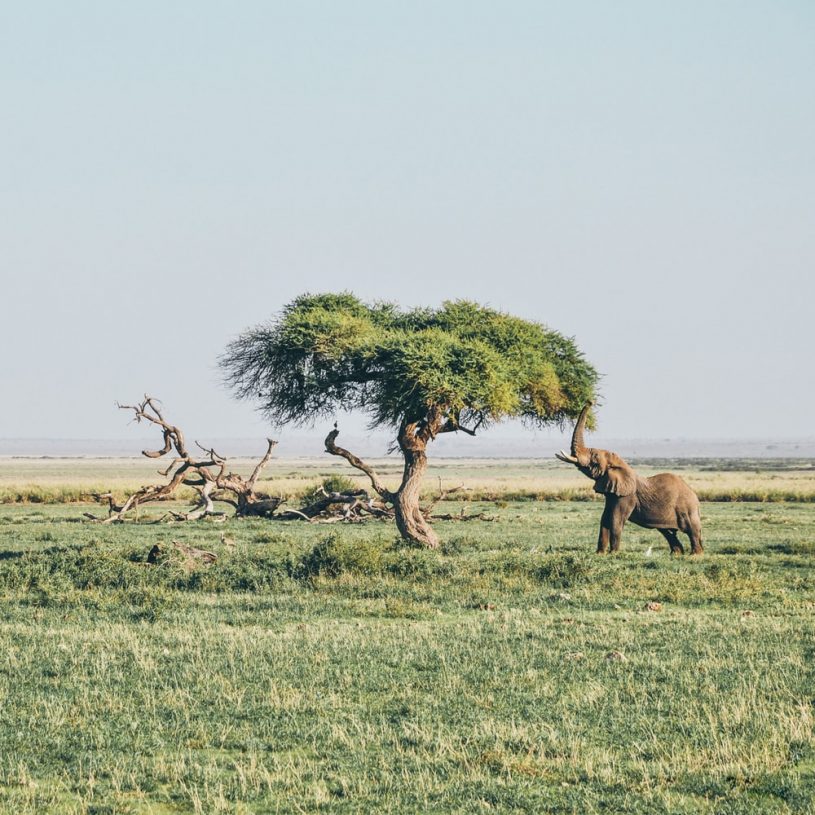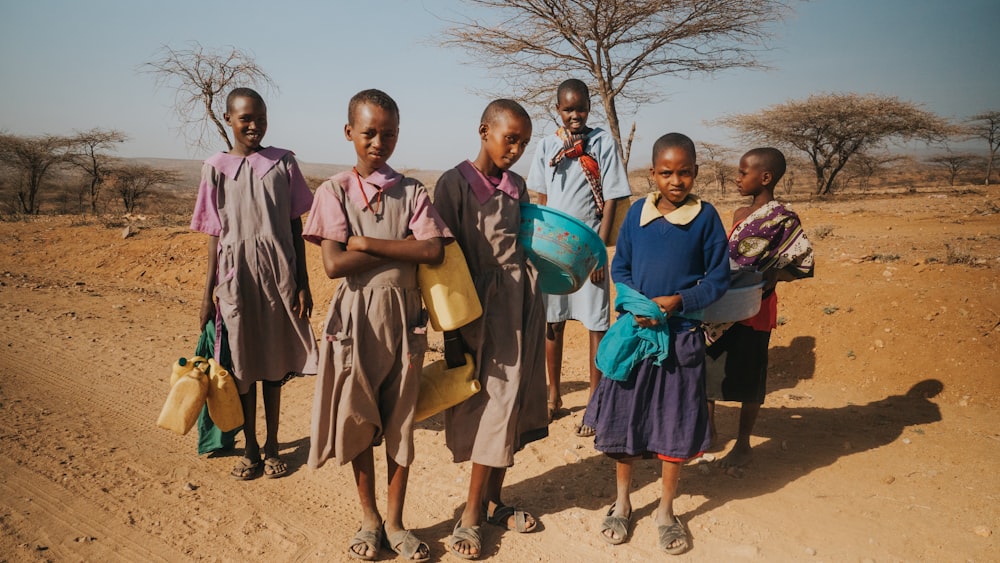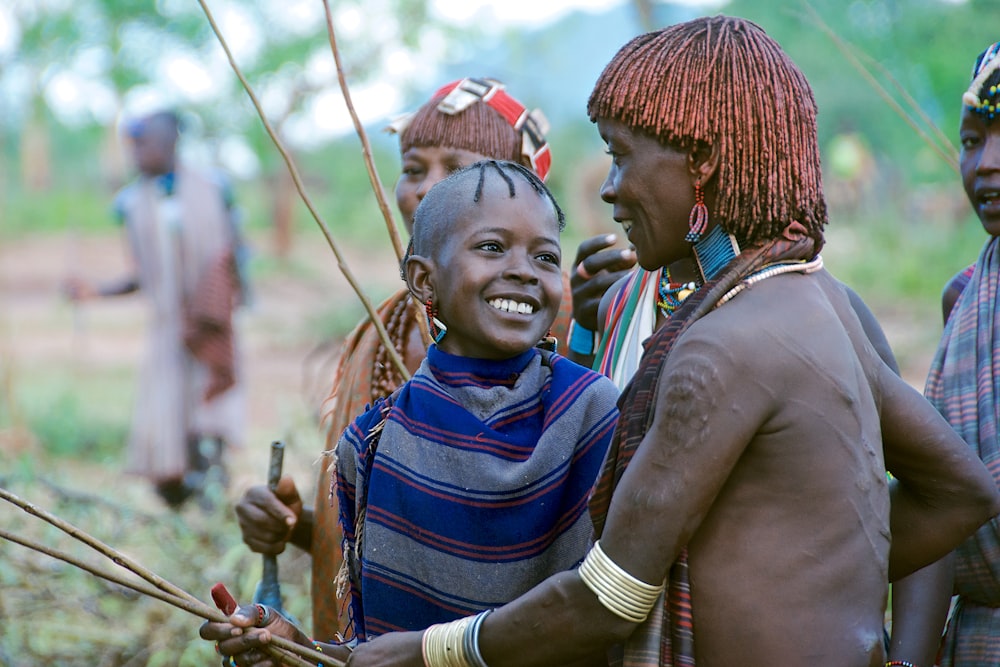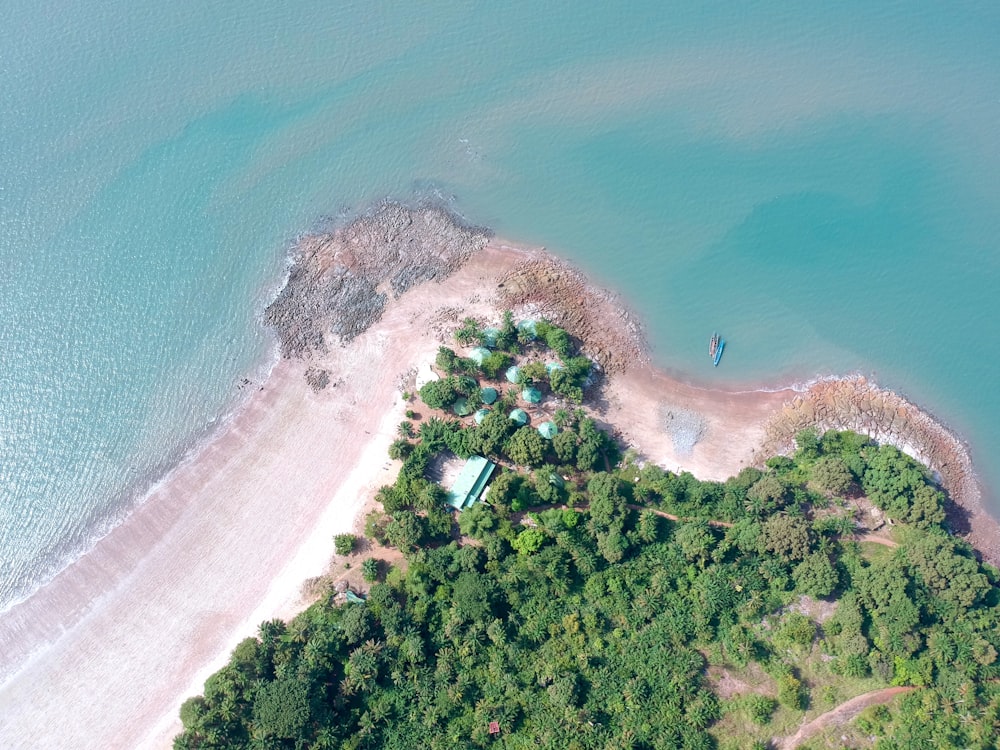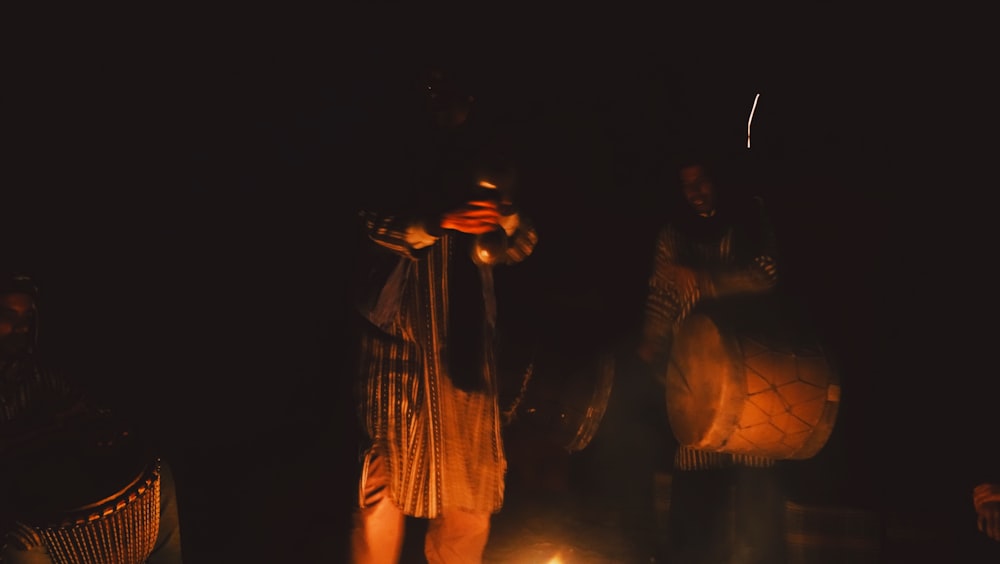Africa is the second-largest continent in the world, that holds valuable natural resources and still pristine nature. With inhabitants numbering in the billions (1.3 billion to be exact), Africa is second only to Asia, in terms of size and population. Amongst the many treasures Africa has to offer, for us language enthusiasts, there’s no shortage of languages and vibrant cultures. Recent estimates state the presence of 1500-2000 languages that are alive and well in Africa.
Here are the 13 most spoken languages in Africa:
Arabic
 Arabic is one of the most popular languages in Africa, with over 100 million native speakers and 30 million who practice it as a second language. Arabic is also an official language in several countries in the African continent such as Algeria, Comoros, Chad, Djibouti, Egypt, Eritrea, Libya, Mauritania, Morocco, Somalia, Sudan, and Tunisia. There are several creoles of the Arabic language in practice as well, such as Juba Arabic spoken in parts of Sudan and Nubi in Uganda and Kenya. Arabic is thought to have made its way to Africa through ancient trade routes, used as a language by merchants engaged in spice and agricultural trade.
Arabic is one of the most popular languages in Africa, with over 100 million native speakers and 30 million who practice it as a second language. Arabic is also an official language in several countries in the African continent such as Algeria, Comoros, Chad, Djibouti, Egypt, Eritrea, Libya, Mauritania, Morocco, Somalia, Sudan, and Tunisia. There are several creoles of the Arabic language in practice as well, such as Juba Arabic spoken in parts of Sudan and Nubi in Uganda and Kenya. Arabic is thought to have made its way to Africa through ancient trade routes, used as a language by merchants engaged in spice and agricultural trade.
French
French has over 100 million speakers in various countries on the African continent. French was introduced to the continent during the colonial rule. French in Africa is different than the French spoken in France or other parts of Europe. This is mainly due to the influence of other local languages spoken in Africa, resulting in several varieties of French-based creoles and ‘African French’. French is the official language of several countries in the continent, along with other European languages like English, Portuguese and Spanish. The island nations of Seychelles and Mauritius have their own creole, derived from French (Seychellois creole and Mauritian creole). Africa boasts four of the top five countries in the world with the highest French-speaking population, with the Democratic Republic of Congo taking top honors, followed by Madagascar, Cameroon, and the Ivory Coast.
Setswana
Oromo
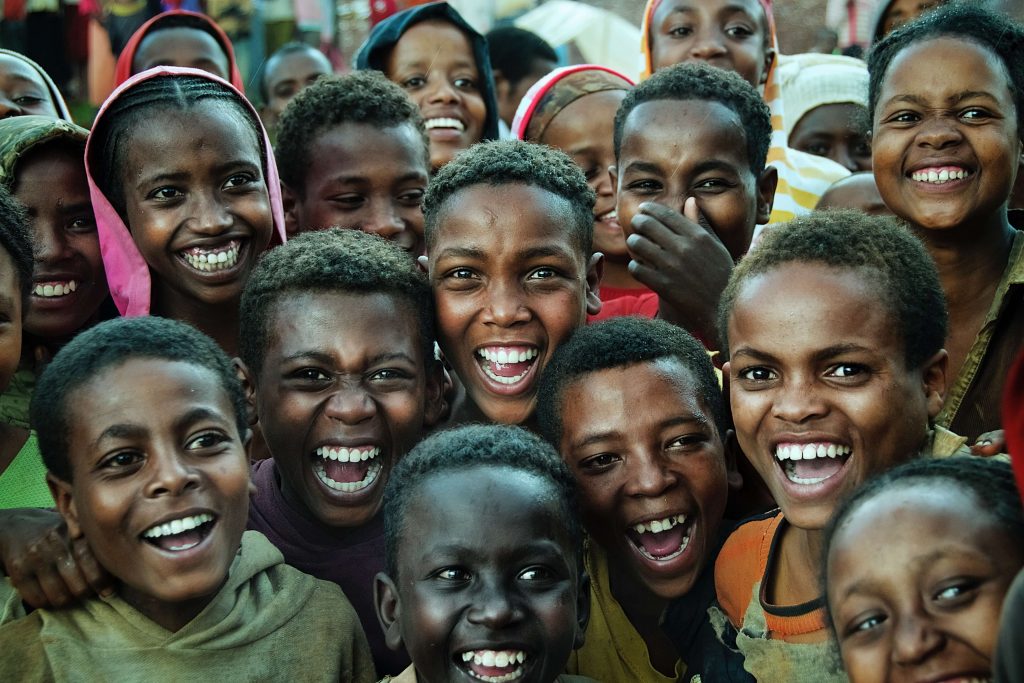 Oromo is the most popular language in Ethiopia, with over 50% of the population practicing it until date. With over 20 million native speakers and close to 4 million who use it as a second language, Oromo is the oldest language in Ethiopia. From the Cushitic family of languages, Oromo is a native language of the indigenous African people of the same name. The Oromo people have settled in the Northern and North-Eastern parts of Africa and the Oromo language speakers are present in Kenya, Somalia, and parts of Egypt.
Oromo is the most popular language in Ethiopia, with over 50% of the population practicing it until date. With over 20 million native speakers and close to 4 million who use it as a second language, Oromo is the oldest language in Ethiopia. From the Cushitic family of languages, Oromo is a native language of the indigenous African people of the same name. The Oromo people have settled in the Northern and North-Eastern parts of Africa and the Oromo language speakers are present in Kenya, Somalia, and parts of Egypt.
Zulu
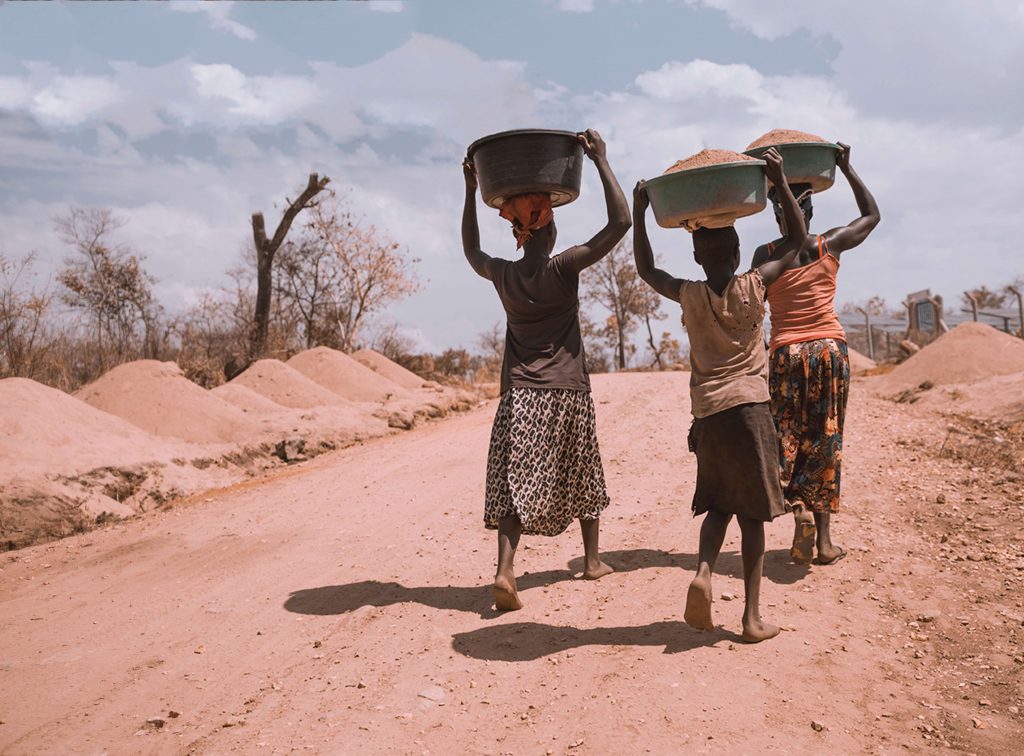 Zulu is another language with over 6 million native speakers and 9 million who speak it as a second language. Most speakers of Zulu reside in South Africa in the southern province of KwaZulu with smaller populations found in Lesotho and Eswatini as well. To an outsider, Zulu is often confused with the Xhosa language, another minority indigenous language popular in those parts due to their almost identical vocabulary and phonetics. However, this idea is not shared by the native speakers of both languages, as they believe in the uniqueness and distinct features of the languages.
Zulu is another language with over 6 million native speakers and 9 million who speak it as a second language. Most speakers of Zulu reside in South Africa in the southern province of KwaZulu with smaller populations found in Lesotho and Eswatini as well. To an outsider, Zulu is often confused with the Xhosa language, another minority indigenous language popular in those parts due to their almost identical vocabulary and phonetics. However, this idea is not shared by the native speakers of both languages, as they believe in the uniqueness and distinct features of the languages.
Somali
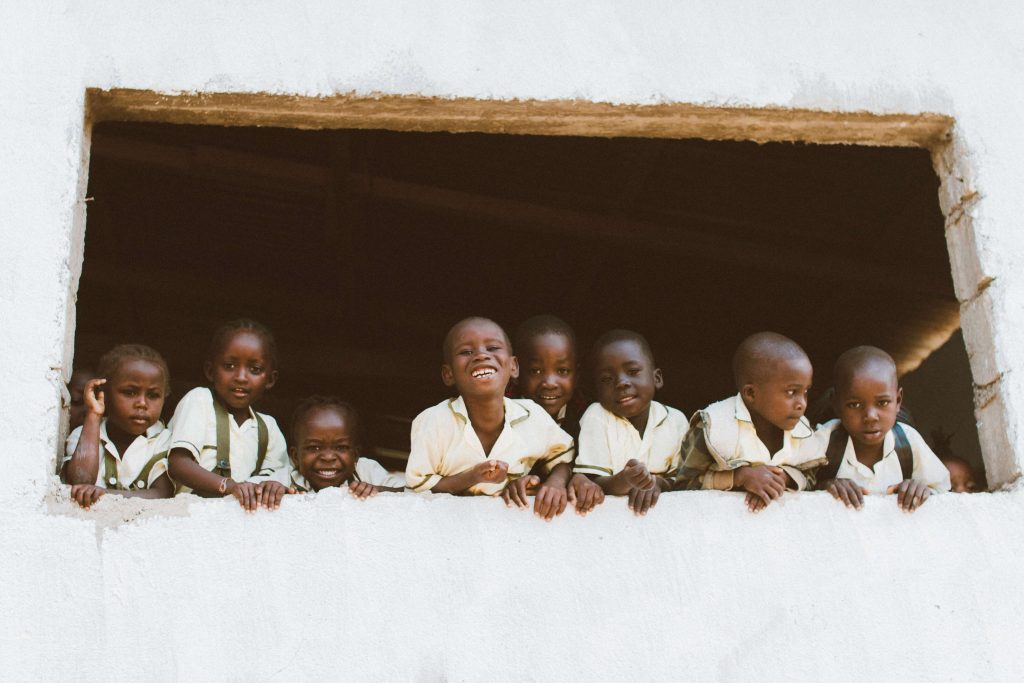 Somali belongs to the Cushitic family of languages similar to Oromo. With speakers of the language concentrated across the horn of Africa, Somali has at least 21 million speakers, making it one of the most spoken languages in Africa. Somali is the official language of Somalia along with Arabic. It is amongst the very few indigenous languages considered as an official language, as most countries reserve the official language status to colonial languages from Europe such as Spanish, English, and French amongst others.
Somali belongs to the Cushitic family of languages similar to Oromo. With speakers of the language concentrated across the horn of Africa, Somali has at least 21 million speakers, making it one of the most spoken languages in Africa. Somali is the official language of Somalia along with Arabic. It is amongst the very few indigenous languages considered as an official language, as most countries reserve the official language status to colonial languages from Europe such as Spanish, English, and French amongst others.
Shona
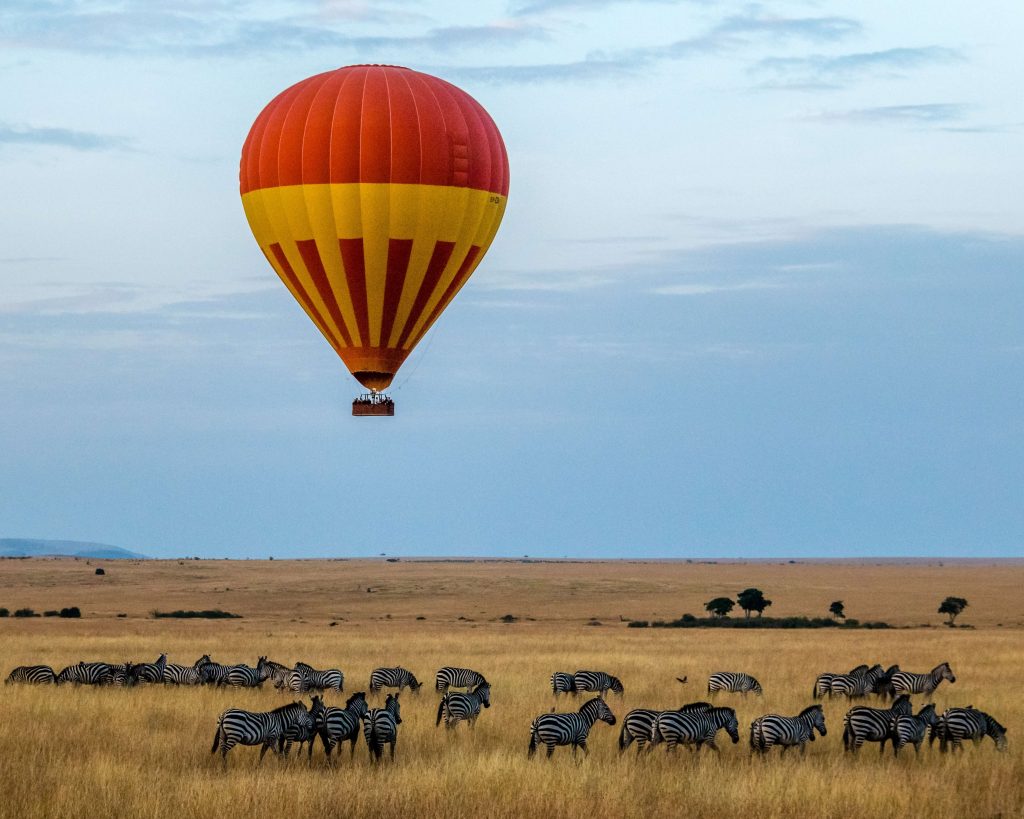 Shona is a language indigenous to the Shona people native to Zimbabwe. The Shona people are also found in Mozambique, Botswana, South Africa, and Zambia. There are about 15 million native speakers and 2 million who practice it as a second language. Shona also shares vocabulary with Swahili and as a tonal language and is one of the easier indigenous languages to learn. Shona is one of the official languages of Zimbabwe, and hence makes its presence in our list of most spoken languages in Africa.
Shona is a language indigenous to the Shona people native to Zimbabwe. The Shona people are also found in Mozambique, Botswana, South Africa, and Zambia. There are about 15 million native speakers and 2 million who practice it as a second language. Shona also shares vocabulary with Swahili and as a tonal language and is one of the easier indigenous languages to learn. Shona is one of the official languages of Zimbabwe, and hence makes its presence in our list of most spoken languages in Africa.
Swahili
A language that needs no introduction, Swahili is an African language of global presence. With speakers of Swahili in countries outside of the African continent such as the USA and Saudi Arabia, Swahili has both native speakers and second language users in large numbers. In Africa, Swahili (also known as Kiswahili) is the official language of Tanzania and Kenya and also spoken by countries such as Uganda, Rwanda, and Burundi amongst others. Swahili is popularly used as a second language by people across the African continent and taught in schools and universities. Swahili has been influenced by Arabic and even had an Arabic script during its early years. Given its presence within the continent and outside, learning Swahili is a popular choice for many language enthusiasts.
Amharic
With 22 million native speakers, the Amharic language is under the umbrella of Semitic languages. Joining the ranks of Arabic and Hebrew, Amharic dates to the early 14th century. The Amharic language is indigenous to the Amharas, a tribe residing in regions of Central Ethiopia. It is the official language of Ethiopia and the number of speakers is second only to Arabic, as far as Semitic languages are concerned. The writing style is different from Arabic and Hebrew, as Amharic is written from left to right, like English. While learning Amharic might be a bit of a challenge, it is not impossible, with a language learning difficulty rating comparable to Albanian or Greek. Of the African languages, Amharic is definitely not the most difficult.
Hausa
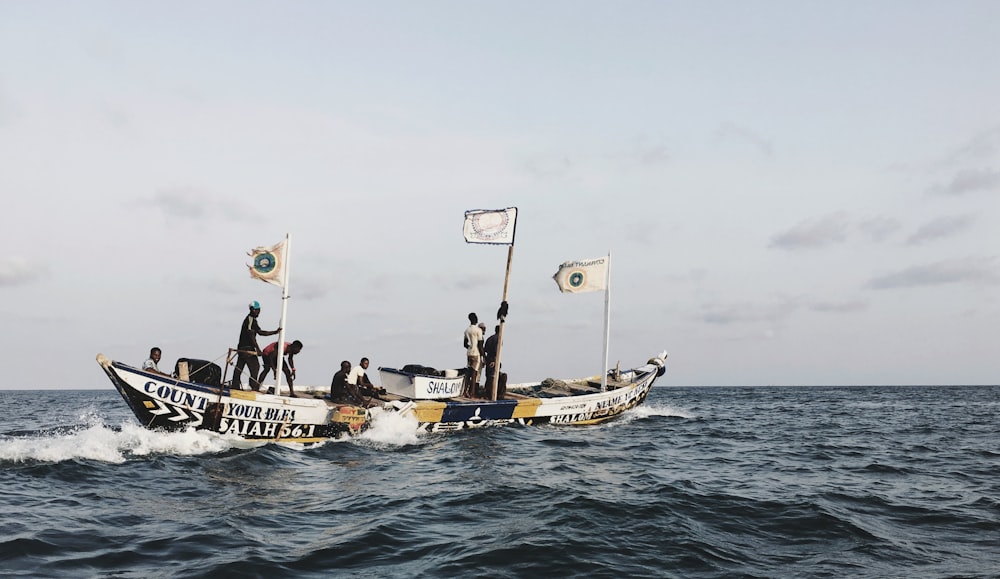
Yoruba
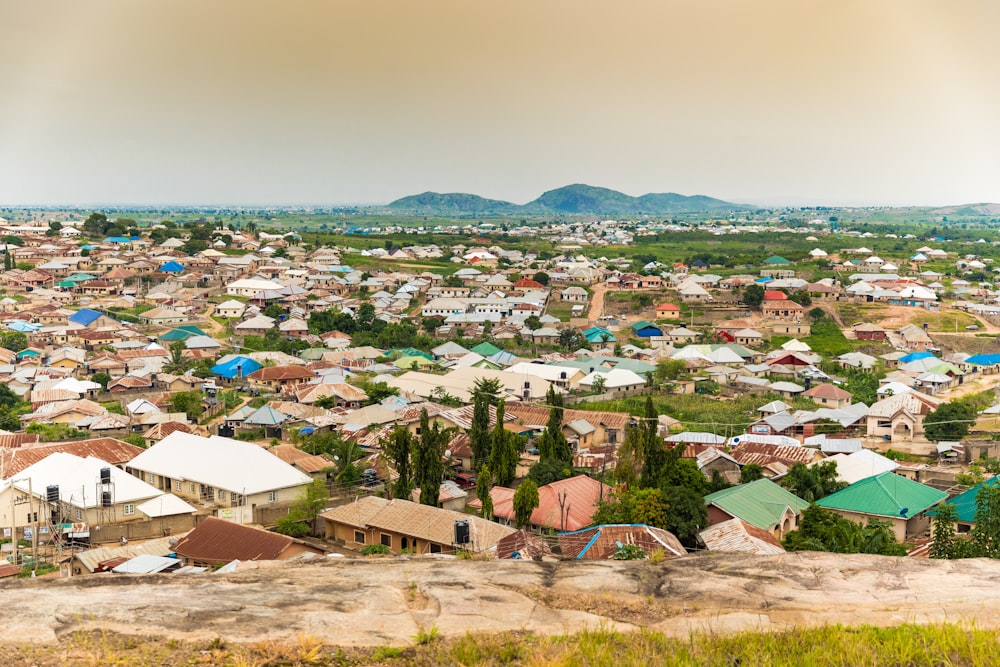
Igbo
Igbo is spoken by over 45 million people and native to Nigeria and Equatorial Guinea, it is one of the oldest languages in West Africa. Thought to have originated in 9th century AD, the language is characterized as a Niger-Congo language. Igbo is a tonal language just as Yoruba, and it was only in the early 1970s where a spelling system was adopted to incorporate the tonal changes into the writing system as well. Igbo is one of the three official languages in Nigeria.
Berber
Did you know that Marrakesh is actually more Berber than Arabic? Moroccan Arabic is actually very heavily influenced by the Berber language. Berbers in Morocco typically speak a unified language of both Berber and Arabic similar to Spanglish. This ancient language is over 6000 years old!
Conclusion
We have just listed out the 12 most spoken languages in Africa, however, the continent is linguistically plural and there are a lot more that is still alive.
Start learning a language online from the comfort of your home.
Andrie Steliou
Latest posts by Andrie Steliou (see all)
- 8 Ways to Help Keep Your Child Focused and Engaged in Online Learning - October 19, 2022
- How to Improve Social Intelligence Skills? - May 10, 2022
- How to Improve Organizational Skills at Workplace? - May 6, 2022

